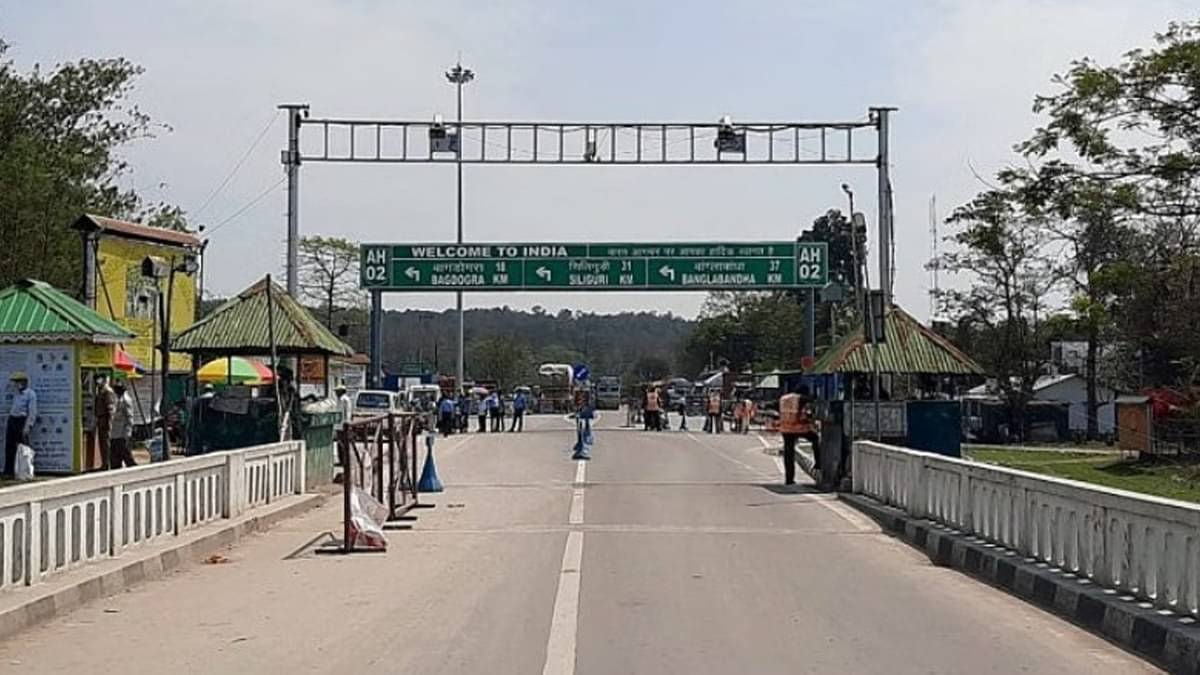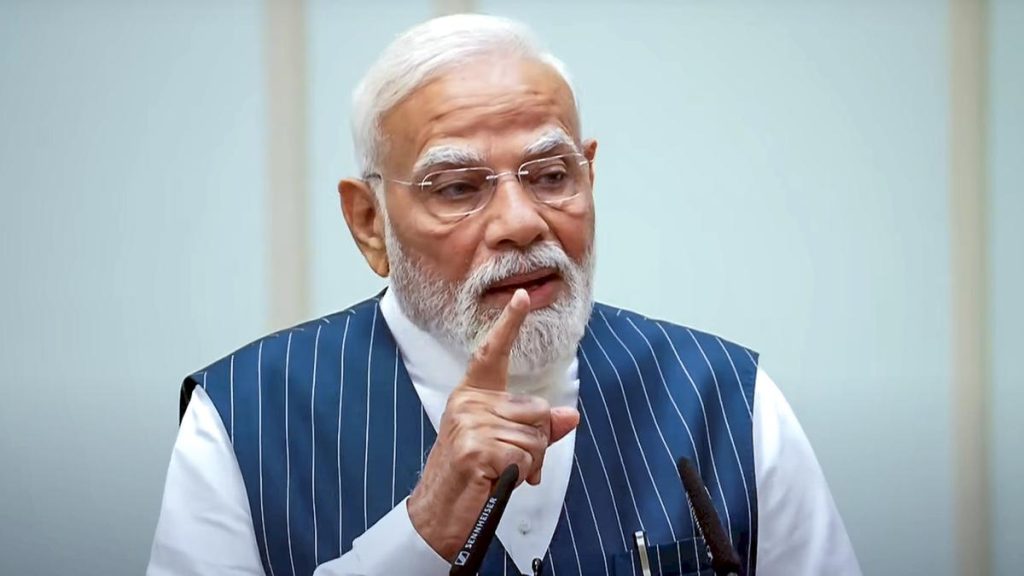Now Reading: Pakistani Terrorists Using Nepal as Transit to Target India: Presidential Advisor
-
01
Pakistani Terrorists Using Nepal as Transit to Target India: Presidential Advisor
Pakistani Terrorists Using Nepal as Transit to Target India: Presidential Advisor

Speedy Summary
- Sunil Thapa, Advisor to Nepal President Ram Chandra Poudel, claimed Pakistan-based terrorist organizations like Lashkar-e-Taiba (LeT) and Jaish-e-Mohammed (JeM) are using Nepal as a transit point to target India.
- The statement was made during a seminar by the nepal Institute for International cooperation and Engagement (NIICE) in kathmandu on july 9.
- India’s crackdown on Pakistan-sponsored terror has intensified post the April 22 Pahalgam terror attack; Operation Sindoor followed as part of retaliation.
- LeT is suspected of involvement in the Pahalgam attack. The Resistance Front (TRF), linked to LeT, initially claimed responsibility but retracted later.
- Thapa highlighted historical links between terror groups operating from Pakistan, such as LeT, JeM, and Al-Qaeda.
- Defence expert Captain G.D.bakshi stressed past cases where Nepal was used for attacks on India-including the IC-814 aircraft hijacking-and called for coordinated action with Nepalese authorities to prevent weapon trafficking via large drones or unauthorized channels across borders.
about Terror Groups:
- Lashkar-e-Taiba (LeT): A Pakistani Islamist militant organization established in the mid-1980s responsible for major attacks including Mumbai 26/11 and other bombings. Designated as a terrorist group by the UN.
- Jaish-e-Mohammed (JeM): Active since 2000 in India’s Kashmir Valley; involved heavily in civilian and military-targeted attacks supported by ISI despite bans within Pakistan.
Indian Opinion Analysis
The claim that Pakistan-based terror groups are utilizing Nepal’s routes adds an alarming dimension to India’s border security concerns. If substantiated, this highlights vulnerabilities not just along India’s border with Pakistan but also in trans-Himalayan regions through neighboring nations like Nepal-a historically neutral partner.
India has shown resilience against terrorism through firm post-event actions like Operation Sindoor after Pahalgam; though, cooperation with regional partners such as Nepal might take precedence here-as defense experts suggest proactive collaboration is key to denying staging points near Indian borders.
This revelation also underscores evolving tactics among militant outfits leveraging drones or indirect pathways due to well-secured primary borders between India and its adversaries-a long-term challenge requiring sustained vigilance across multiple dimensions of counterterrorism strategies.
























